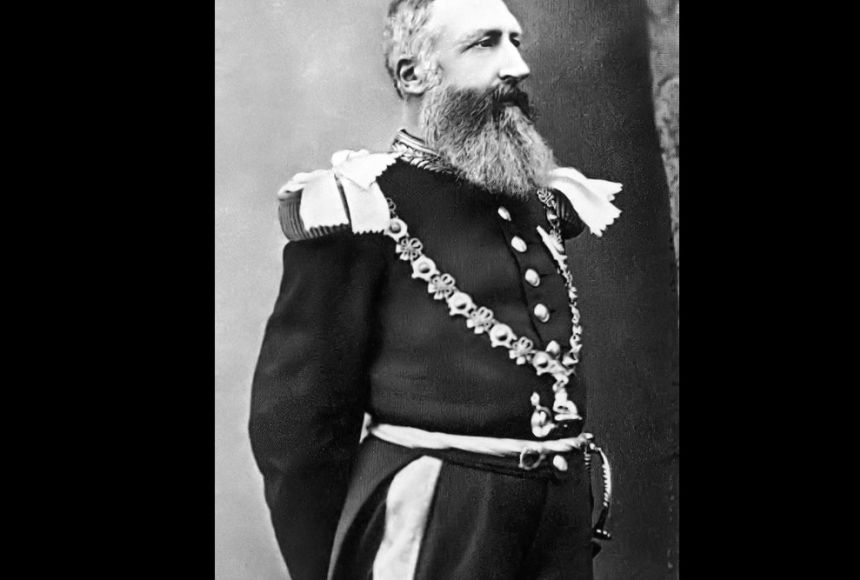Who Assisted Leopold In The Acquisition Of The Congo? Discuss
The text argues that King Leopold II, through his aggressive takeover of the Congo, brought about long-term issues for the country in terms of political, ethnic, and economic destabilization. Despite initial attempts by Leopold to gain support for colonial expansion, his rule over the Congo faced significant resistance. With the involvement of missionaries and others, the Belgian government eventually stepped in to purchase the territory from Leopold. The acquisition of sovereign control by Leopold played a major role in the dispossession of land from the Congolese people. Overall, Leopold's actions had a long-lasting impact on the Congo and its people.
Leopold II, the king of Belgium, received significant assistance in acquiring the Congo by leveraging the efforts of two key figures: Henry Morton Stanley and various European powers.
-
Henry Morton Stanley: Stanley played a crucial role in the events leading to Leopold's acquisition of the Congo. He was a Welsh journalist and explorer famous for his exploration of Central Africa. In 1879, Leopold, through Stanley, commissioned the latter to establish trade and diplomatic relations with local leaders in the Congo region. Stanley's efforts were pivotal in securing treaties with local chiefs that supposedly gave Leopold control over the Congo Basin.
-
European Powers and Financial Support: Leopold received assistance from various European powers and financial backers who supported his colonial aspirations. These supporters were often drawn to the economic potential of the Congo and were instrumental in providing financial, logistical, and political support for Leopold's ventures in the region.
To justify his acquisition of the Congo, Leopold II utilized "humanitarian" reasons that purported to be geared towards civilizing and uplifting the local population. Some of the justifications he presented included the following:
- Civilizing Mission: Leopold claimed that his colonial efforts were driven by a desire to bring "civilization" to the Congo. This involved introducing Christianity, modern infrastructure, and European education to the local population.
- Ending Slavery: Leopold sought to portray his actions as a response to the rampant slave trade and human rights abuses in the Congo. Through this rhetoric, he aimed to present himself as a benevolent force seeking to end the suffering of the Congolese people.
Leopold employed various tools to acquire his colony, including the strategic exploitation of treaties with local chiefs, the deployment of military force, and the establishment of trading posts. These tactics allowed him to expand his influence and control over the territory, often through coercive or deceptive means.
In an attempt to legitimize his acquisition, Leopold went to great lengths to present his activities as part of a philanthropic and civilizing mission. He strategically used the support and endorsement of missionaries, selectively publicized his purported humanitarian efforts, and manipulated public opinion through extensive propaganda. Furthermore, Leopold actively lobbied European governments and influential figures to gain diplomatic recognition for his control over the Congo, thereby seeking to confer a veneer of legitimacy upon his colonial activities.
Sources


Related Questions
Work fast from anywhere
Stay up to date and move work forward with BrutusAI on macOS/iOS/web & android. Download the app today.
